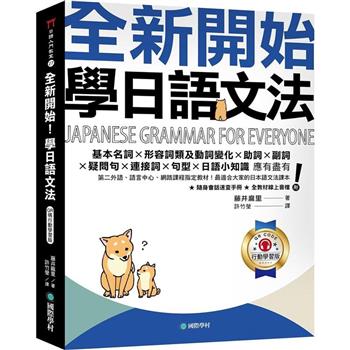Kirk Harrison Taitt examines the threat money laundering and terrorist financing pose to Caribbean island nations involved in international financial services, the role of compliance regimes in averting sanctions and the future of these nations at the table of global capital. He addresses and, indeed, positions island nations in a strategic space outside the global clamour, unceasing debate and severe criticism over their bona-fides/qualifications to engage in the trillion-dollar industry of offshore finance, alongside their G20 nemeses. He asserts a high ground (ethical) approach as essential to counteracting potential reputational harm.
Throughout the book, Taitt weaves a governance, risk and compliance (GRC) thread in order to speak directly to practitioners and to demonstrate how a strong GRC paradigm at the jurisdictional and institutional levels could be leveraged for competitive advantage.
Among the key recommendations outlined in his IRIE Mitigation Matrix are: effective regulatory governance of the jurisdiction's financial system by ensuring conformance with international standards, the deployment of sufficient resources to adequately supervise financial institutions and the promotion of values-based decision-making amongst corporate financial managers and leaders. He also recommends on-going engagement of the wider civil society to ensure present and future generations of the Caribbean island financial centre (IFC) workforce appreciate the value of personal moral excellence in business and its inextricable link to sustainable development of the IFC sector.












